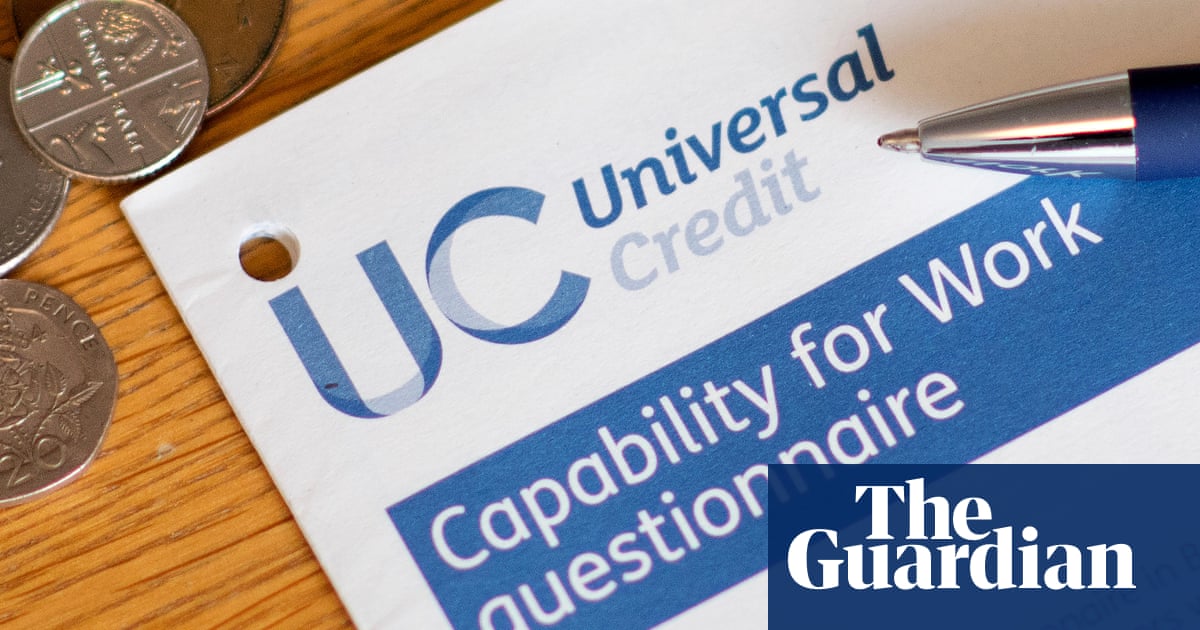Last month’s surprise fall in UK inflation lands with bad timing for millions of people who receive state benefits linked to the figure, who can now expect their payments to rise by just 1.7% next April.
A number of benefits, including universal credit, are increased each tax year in line with the cost of living figure for the previous September.
The decline in the annual price growth figure in September, driven by falling air fares and transport costs, disguised larger increases in some categories, including food and drink, which recorded inflation of 1.8%.
The Resolution Foundation thinktank said the 1.7% figure would mean that a typical low-income family, with two children, on universal credit would receive an increase of £253 in their annual payment from next April.
It said the fall in the headline rate was likely to be temporary as previous falls in energy prices dropped out of the 12-month inflation calculation, and suggested inflation could increase again in October to 2.2%. If that higher figure were used, the same family would be £74 better off as the annual increase would be £327.
By contrast, state pensioners are protected by the triple lock, which stipulates that their annual increase in payments is in line with whichever is highest of earnings, inflation or 2.5%. Next year, the rise will be in line with wages, meaning an increase of 4.1% in April – adding £473 a year to the full state pension.
Lalitha Try, an economist at the Resolution Foundation, said: “This temporary [inflation] fall is badly timed for millions of low- to middle-income families as it will result in a lower increase in their benefits next year. A more timely measure of benefit uprating would deliver a cash gain to a low-income family with kids of around £74 next year. The government needs to address the age divide in benefits which has left working-age support fall further behind rising wages and living standards.”
September’s inflation figure has also increased market bets that the Bank of England will cut interest rates again to 4.75% when it meets next month, which would be good news for borrowers but would be likely to lead to a cut in savings rates.

